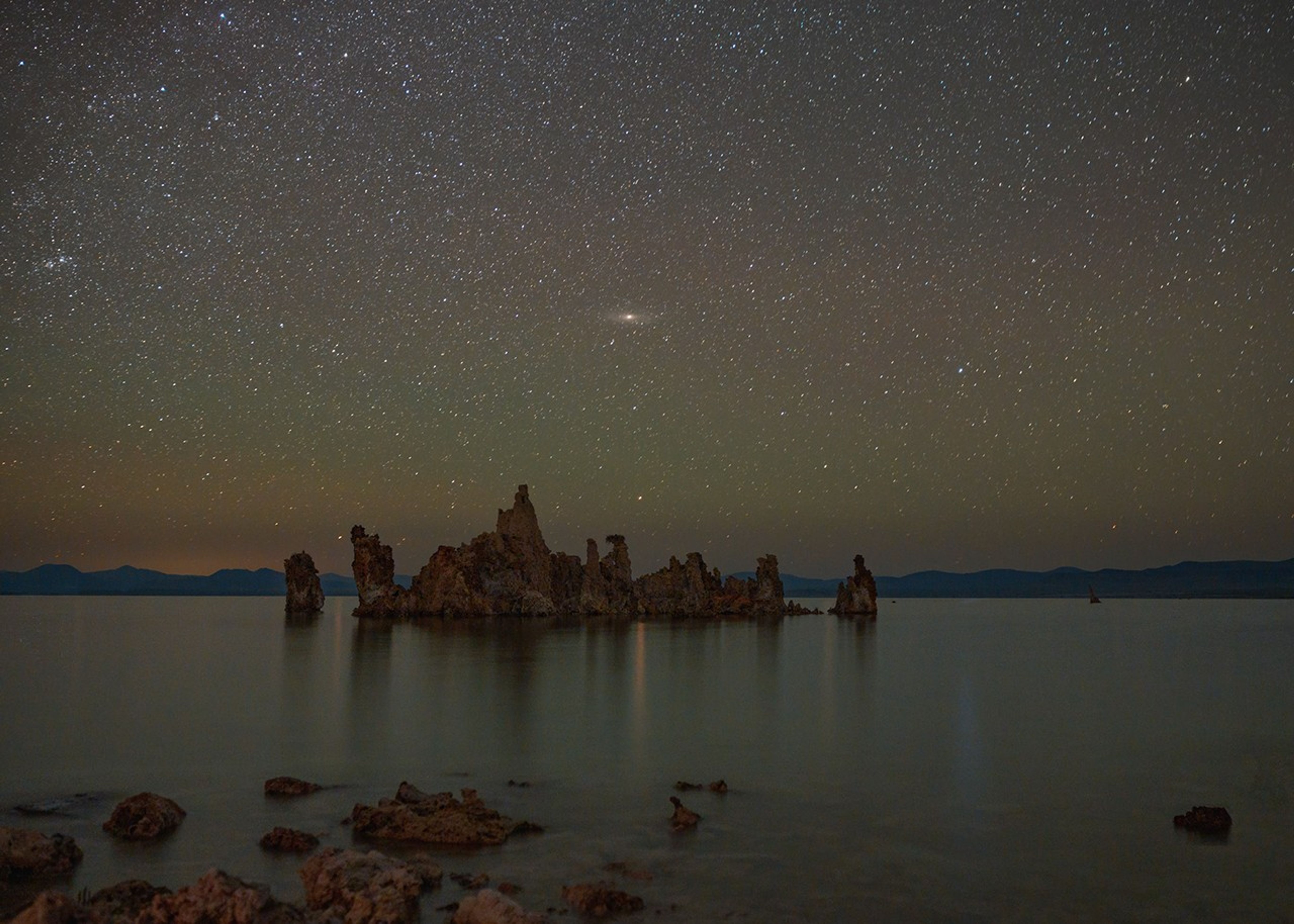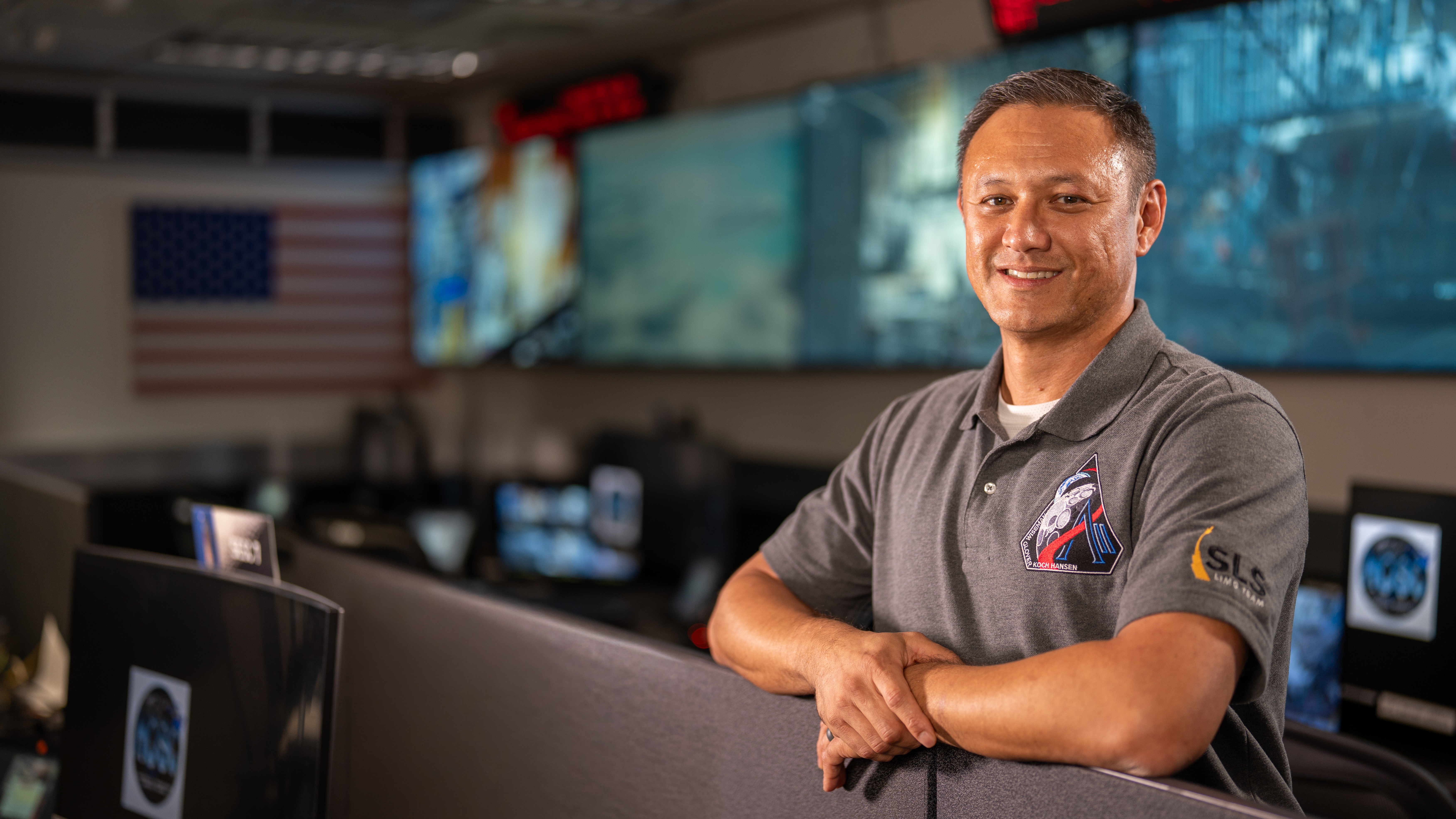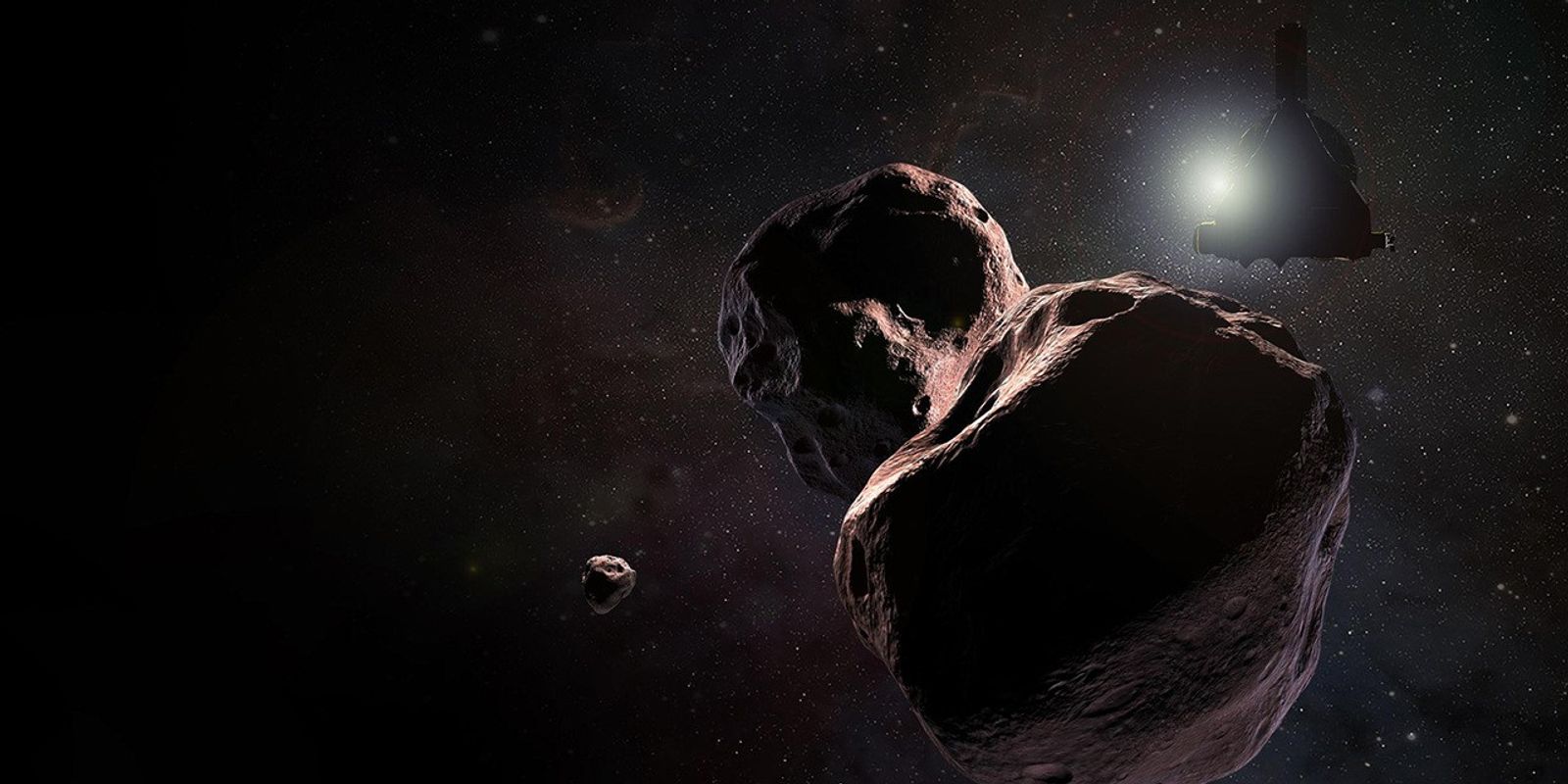Location
Cordoba, Argentina
What do you study?
I'm mostly active in “Disk Detective” -- I’m about to celebrate my fourth year since I started. We search for the signals indicating the presence of disks around stars, detecting the radiation that they emit in mid-infrared wavelengths using data from NASA’s WISE mission. This disks tell us whether we are looking at a young system, where planets are still forming, or an older system, similar to our own solar system, where that formation already stopped.
I also collaborate in “Backyard Worlds” a bit, where we are looking for close celestial neighbors, failed stars called brown dwarfs, and the elusive Planet 9, also using data from the WISE mission.
Why do you do citizen science?
I liked science, especially astronomy since I was a kid. Citizen science has given me the opportunity to work with real data and contribute to the advancement of the field while learning and having fun at the same time. Also, it gives me the chance to know and work alongside people from all around the world -- professional and citizen scientists alike -- in what has proven to be a wonderful community. Citizen science also puts within your reach that sensation of awe when you discover something that can lead to a real impact, however small, in the project you are helping.
What's your day job?
I am a computer technician. I have fixed computers since I was 14 years old. It’s a job that requires some patience to do properly, and I think what that has helped me to develop the patience to work with large amounts of astronomical data like we do in citizen science. Being very familiar with computers has also proven to be very useful in my citizen science activities.
Favorite contribution you've made?
It's hard to pinpoint only one thing at the moment, especially with “Disk Detective.” But among the high points for me are the discovery of a peculiar M-dwarf star that earned its own published scientific paper (the second paper of “Disk Detective”), which even gave me the chance to appear on my local TV station to talk about it. Other highlights for me are my three travels to El Leoncito Astronomical Complex (CASLEO) in the province of San Juan, Argentina, to help with the observations of targets that citizen scientists identified through “Disk Detective.” Funnily enough, my first trip to CASLEO was also my first time using a telescope. This year we will submit new scientific papers with “Disk Detective” results, so I think that we have very interesting things ahead of us.

































